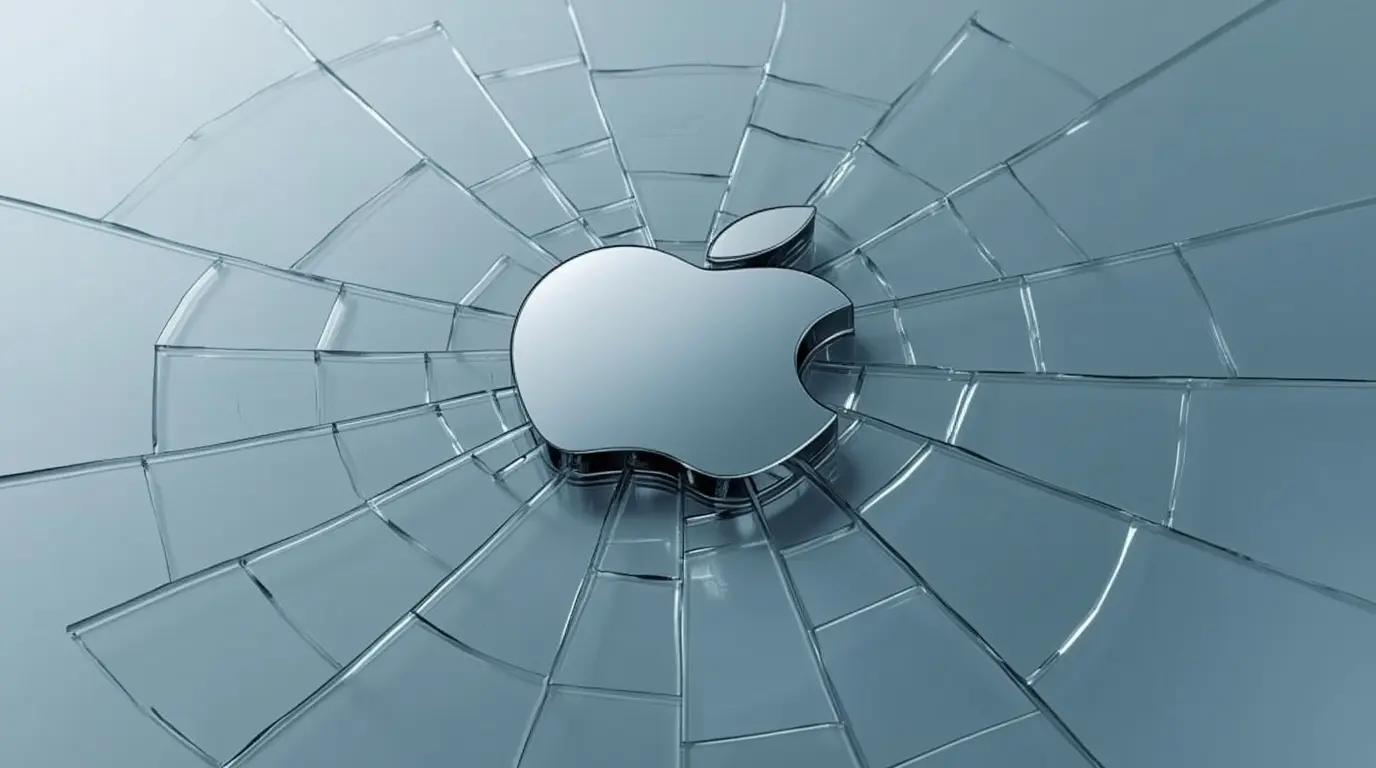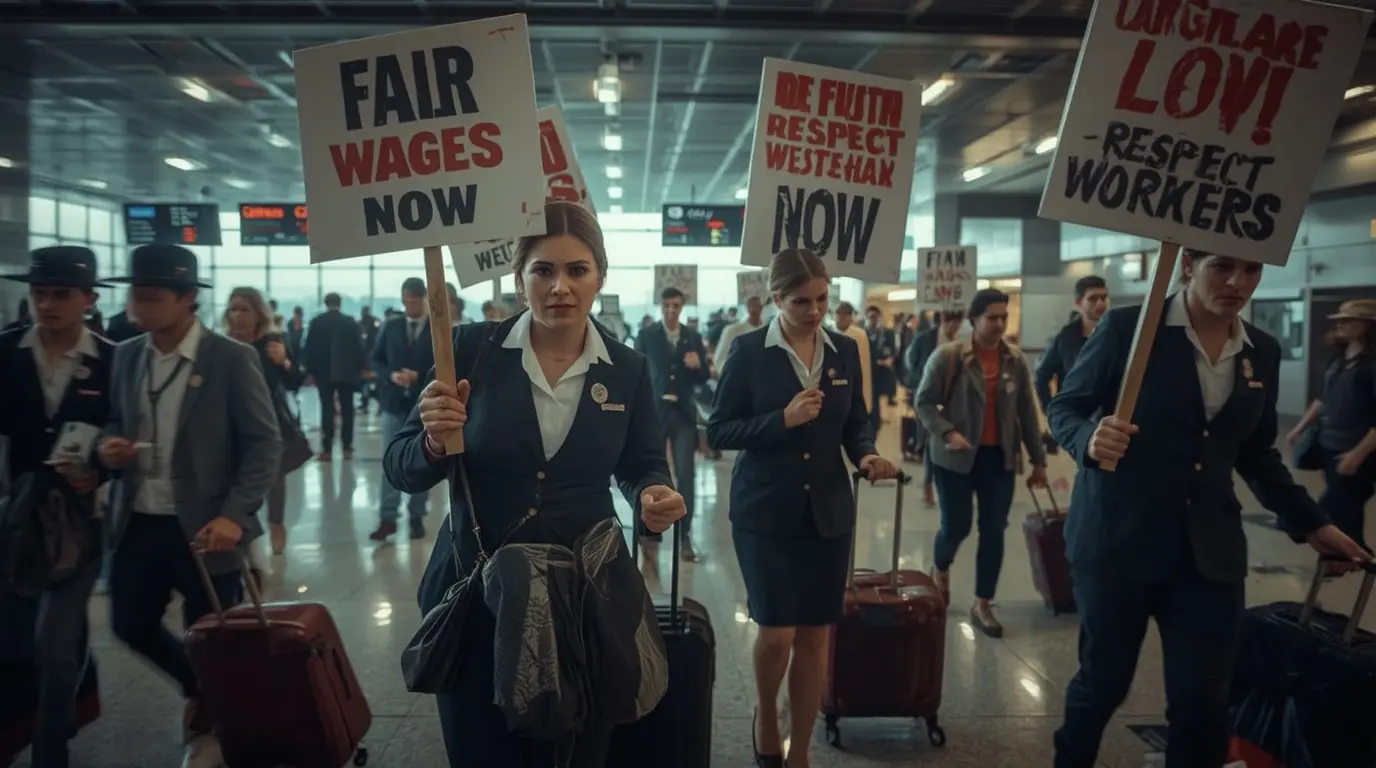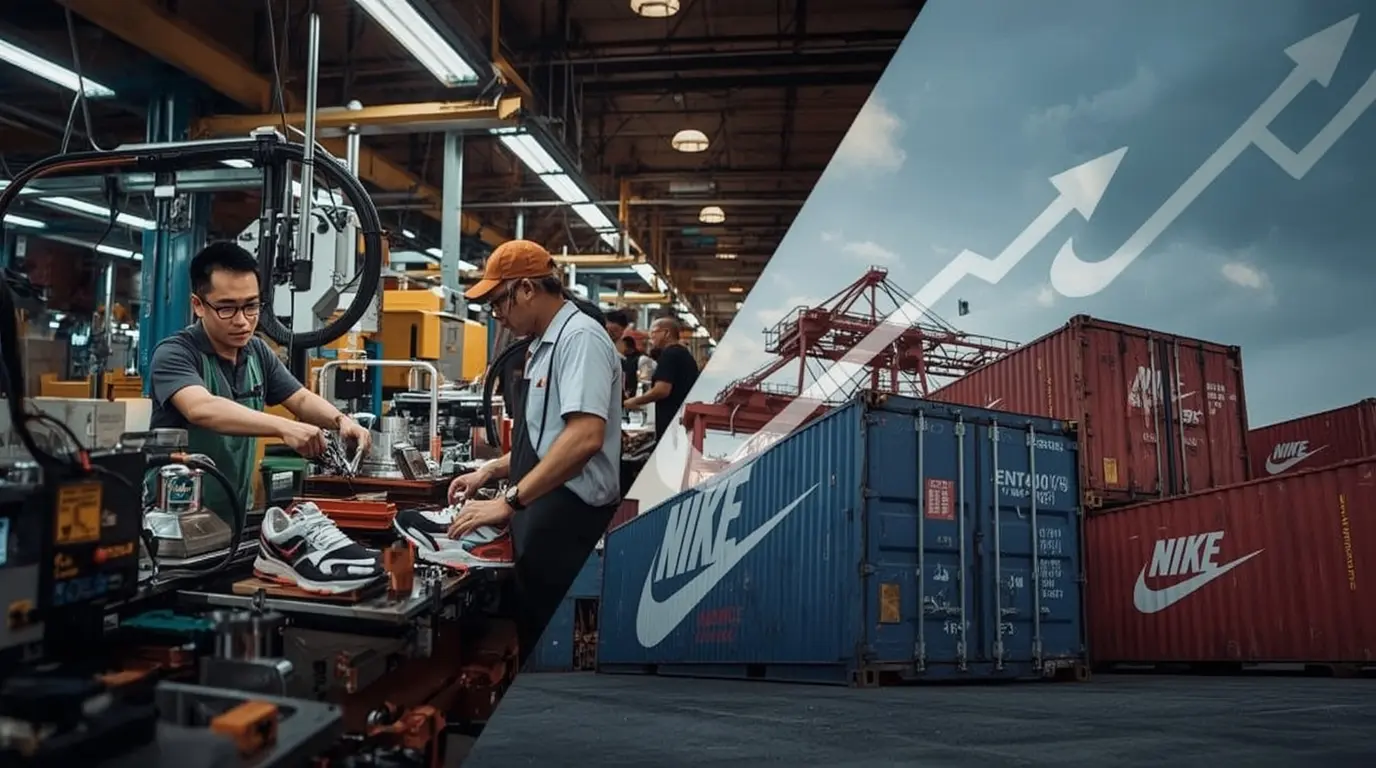In a surprise move, the tech giant Apple Inc. is now facing allegations of discrimination on the grounds of religion, particularly anti-Semitism, regarding a Jewish employee. This case, which rests now is the federal courts of Virginia, also claims that the Apple Store in Reston Virginia discriminates by not providing religious accommodations and engages in punishment.
The Apple case is a timely reminder of the proper procedures that a firm needs to put in place regarding religious discrimination and workplace accommodations. It also seems to place Apple in a very uncomfortable place regarding the public perception of “international Apple”: How much are they willing to in uphold the spirit of Apple and integrated inclusive workplace systems?”
Details of the Case
With the EEOC charge, circumscriptions goes to the rest of the events that followed after a worker, Tyler Steele, formally converted to the religion Judaism in the year of twenty twenty-three. This charge specifically, though, is concerned about the behavior of a newer store manager who came to the Reston Apple Store during that same year.
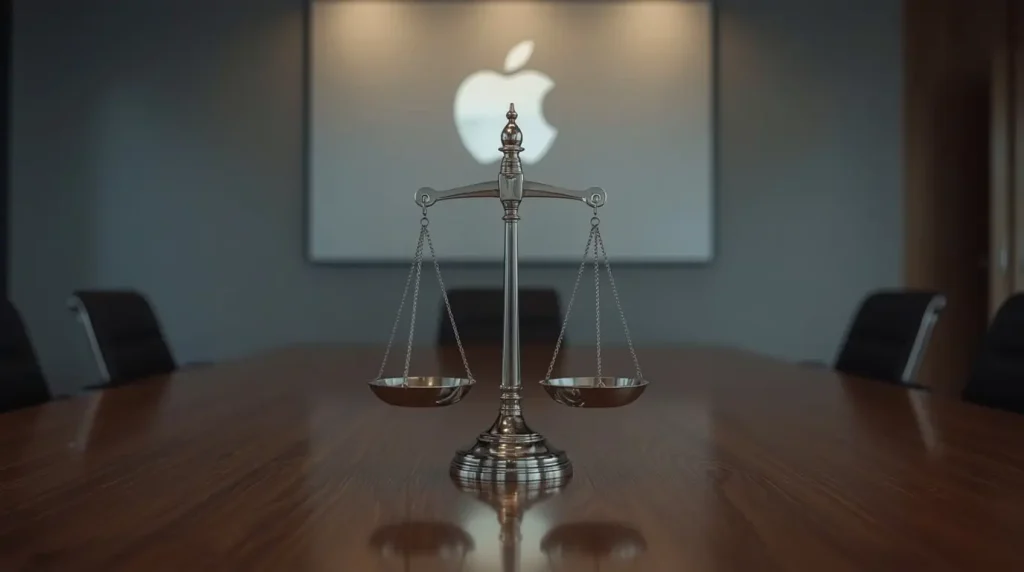
Shrugging Off Sabbath Requests
Mr. Steele, the manager presiding over was Mr. Steele, and the claims say Mr. Steele was omitted working on Fridays and Saturdays without Sabbath pay. Mr. Steele ended up filing a formal complaint against Apple over the manager, and this was over Sabbath pay. Now, Sabbath which is a requirement within the Jewish community begins on Friday sunset and ends on Saturday sunset, and during this time they are not supposed to work at all.
Dismissing Steele
Mr. Steele was, in essence, dismissed in the month of January, 2024, he was in essence the Steele was dismissed the month of January 2024, and this was a few days after he was asked not to work on Fridays. He was asked to work on Fridays, and because he was asked to work on Fridays, Steele was to be dismissed. The EEOC fills this void. The EEOC claims this as part of the bigger picture, retaliation to putting up complaints.
Other Alleged Comments and Actions
It is these other allegations that is captured ast he lawsuit. Mr Steele was m, which is a manager, was was was said to have unwanted and degrading conversations, and this included Mr Steele having a body odor and also was, sleepy to be felt about.
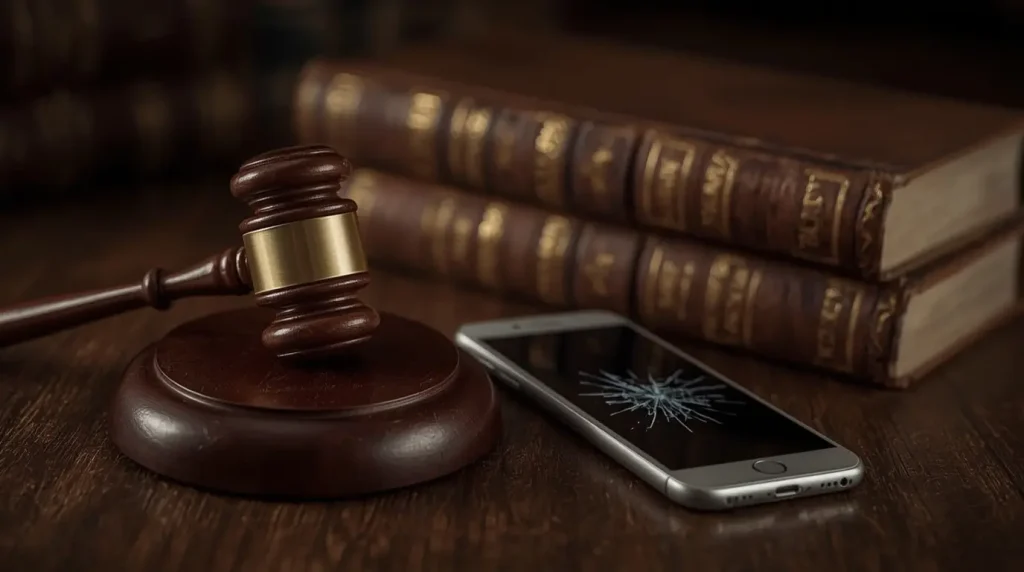
The Legal Framework and the EEOC’s Stance
Defending Apple on its Title VII claim comes from the cross allegations on Apple from the EEOC which Apple operates under the law which Defies the Civil Rights Act of 1964 as its flagrant policy gives the Apple EEOC attorneys the right to refuse to hire or promote people based on their race, color, religion, or ethnic national origin, and DEFIES Title VII on Religion, Employment Discrimination has to do with her people on her business and on the Job or Title.
Mr. Steele is seeking back pay and damages which are not specified. Mr. Steele is treated as a side character since the main target is Apple and its demoralizing policy or, as the law defines, its malice and reckless policy. According to EEOC and Andrea Lucas, the Chair and acting stakeholder has zeroed in on Apple since its policies are infested with religious discrimination.
Apple’s Corporate Context and Previous Challenges
Apple is best valued as a Corporate Giant and the value of the Apple is as much as 3.7 Trillion Dollars. Ever since it was made in 1976, it has its Operating HQ at Cupertino in California. It is also considered to be the top Tech Giant along its the top 10 as it has the top 10 of retailers with more than 500 stores in 10+ countries. Plus, offers a good range of devices like the iPhone and the Mac.
Apple is among the most well-known and valuable brands globally. Nevertheless, it has its share of criticisms and lawsuits. Apple has been under fire in the past for the working, environmental, and ethical policies of its subcontractors. Apple’s employment practices are under scrutiny as a result of a recent lawsuit. Apple has not been reported to have made a public statement about the ongoing lawsuit.
Best Practices for Workplace Religious Accommodations
Out of all of the lawsuits and legal punishments Apple has to face, this one stands as a reminder of the company’s gross oversight of employment ethics and legality. Below are some practices every business should look to implement in the workplace to foster inclusiveness.
Create a Policy: Adopt a non-complex, recordable policy that states the steps and procedures for seeking religious accommodations that will be put in place.
Education and Training: Educate and train relevant company personnel to have an understanding of company policies and the relevant legal aspects.
Definition of the Interactive Process: Solutions to any request should focus on possessing a realistic, amicable conversation to reach a compromise that bends in the favor of the employee and their principles on the matter.
Create an Account of the Actions Taken: For every action that has been proposed, justify it and ensure that there is a record of all relevant discussions for future reasons.
No Retaliation Policy: There should be no form of retaliation against employees who seek accommodations and those who lodge complaints.
For employees, it is imperative to understand the components of a breach of the right to reasonable religious accommodation and the right to retaliation. You can file a charge with the EEOC, which will investigate the charge and may act on it on your behalf as it did in this case against Apple.
The Case and its Ramifications.
The case is likely to attract scrutiny from the large corporate sector, legal practitioners, HR professionals, and advocacy groups. If Apple loses the case, the much-feared EEOC will likely step/bully the industry and listen a lot more carefully to the complaints of religious discrimination. Given the fact that Apple is under the spotlight, the case is going to be a PR challenge in terms of their corporate culture. It is also a legal case but, of course, not just about that.
As the case unfolds in the Federal Court of Virginia, the jury will listen to the particulars that show whether the conduct of this Apple store violated the US law of the land, as well as determine what, if any, compensation the company may owe. There is a glaring hypocrisy in this case: it is a reminder for the rich and powerful that their employees who work for these large, profitable company also happen to be human beings deserving their religious beliefs to be taken into consideration.
Source: https://edition.cnn.com/2025/09/30/tech/eeoc-sues-apple-alleged-discrimination-jewish-worker
For more news updates, visit our home page.

